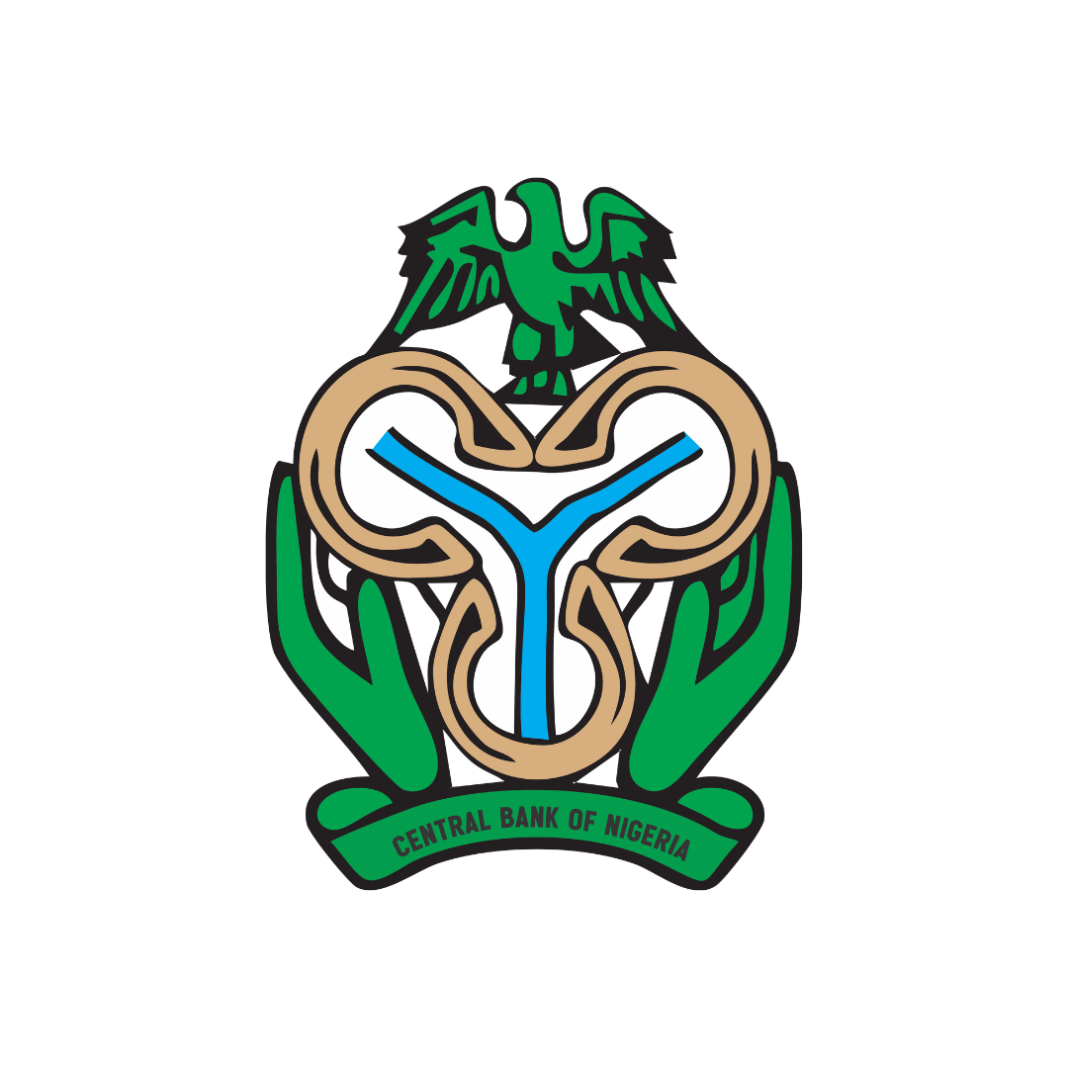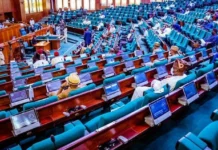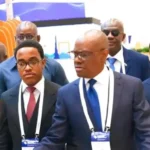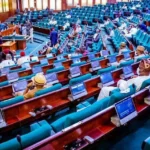The Central Bank of Nigeria (CBN) is planning to diversify the country’s foreign reserves as part of broader efforts to stabilise the foreign exchange market and strengthen the economy.
CBN Governor, Olayemi Cardoso, disclosed this on Tuesday at the opening of the Afreximbank Annual Meetings (AAM) in Abuja. While he did not provide detailed specifics, Cardoso noted that the diversification strategy would be incorporated into the ongoing monetary reforms aimed at repositioning Nigeria’s foreign exchange market.
Foreign reserve diversification involves reducing reliance on a single currency, primarily the US dollar, by holding a broader mix of assets such as euros, yen, yuan, gold, and Special Drawing Rights (SDRs).
Cardoso also unveiled two new financial products targeted at Nigerians living abroad: the Non-Resident Nigerian Ordinary Account and the Non-Resident Nigerian Investment Account. These, he explained, are designed to attract diaspora remittances and support naira stability.
“This initiative is expected to provide a secure and efficient platform for managing funds and investing in the Nigerian financial markets,” he said.
“It would harness the economic potential of Nigerians in the diaspora by boosting remittances and fostering investment in critical sectors.”
He described the move as a “game changer,” adding that it aligns with Nigeria’s broader goal of diversifying both its revenue and reserve base.
“Please watch that space,” Cardoso said. “People will now begin to understand a lot better how Nigeria is diversifying its revenue and reserve base.”
On a broader scale, the CBN governor said African countries must take deliberate steps to shield themselves from global economic shocks, noting that restoring confidence among stakeholders remains a key priority.
Also speaking at the event, Denys Denya, Senior Vice President of Afreximbank, reflected on the bank’s early challenges. He recalled the fierce resistance to its establishment 32 years ago, both from within and outside Africa.
“Those who opposed it sought to maintain a culture of dependence and stall Africa’s development,” Denya said.
“Yet, from a modest capital base of $750 million, Afreximbank has grown to control over $40 billion in assets.”
Vice President Kashim Shettima, in a message delivered by Dr. Tope Fasua, lauded Afreximbank’s contributions to Nigeria, revealing the bank has invested over $52 billion in Nigeria alone, which is more than any other country on the continent.
Notable investments include:
The newly launched African Medical Centre of Excellence
Quality assurance centres in Kaduna and Ogun
A $300 million export manufacturing initiative in Cross River, Enugu and Kano
A $3 billion intra-African petroleum trade facility to boost Nigeria’s energy security
“These are not merely projects,” Shettima stated, “they are strategic investments in resilience, in sovereignty, and shared prosperity.”
Delivering the bank’s economic outlook, Dr. Yemi Kale, Chief Economist at Afreximbank, said the continent remains resilient despite global headwinds. He projected a reduction in average inflation from 19% to 15% and forecasted a 4% growth rate, buoyed by increased intra-African trade and stronger multilateral support.










